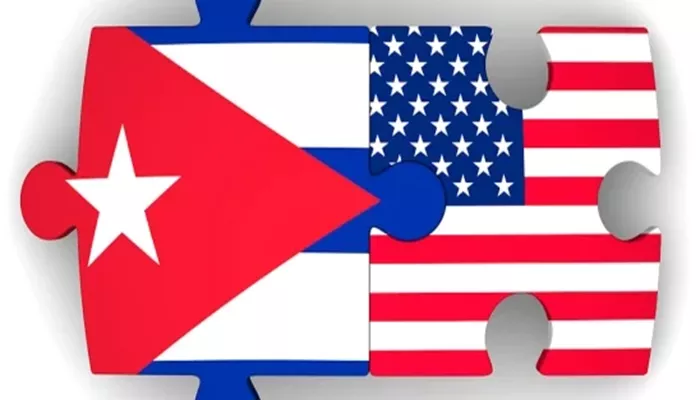The U.S. Embassy in Havana has broadened its visa services to include several types of temporary non-immigrant visas. Cuban nationals with approved petitions can now schedule visa interviews at the Embassy for the following categories:
H Visas: Temporary workers or trainees
J Visas: Exchange visitors
L Visas: Intracompany transferees
O Visas: Workers with extraordinary ability or achievement
P Visas: Athletes, artists, and entertainers
Q Visas: International cultural exchange participants
R Visas: Members of a religious denomination performing religious work
However, this expansion does not cover B-1 or B-2 visas, which are used for business or tourism. Cubans needing these visas must still travel to embassies or consulates in other countries.
The history of the U.S. Embassy in Havana has been marked by significant changes. The embassy first opened in 1923 but closed in 1961 when the United States severed diplomatic ties with Cuba. It was reestablished in 1977 as the U.S. Interests Section. Diplomatic relations were restored in 2015 under the Obama Administration, but were reversed in 2017 by the Trump Administration due to unexplained health incidents among diplomatic staff, commonly referred to as “sonic attacks” or Havana Syndrome. During this period, many Cubans were forced to travel to other consulates in Colombia or Guyana, with some even making dangerous and expensive journeys to the U.S.-Mexico border. U.S. Customs and Border Protection reported 535,037 encounters with Cubans at the border between 2021 and 2024.
Under the Biden Administration, some consular services resumed in 2022, and by 2023, the Embassy had restarted immigrant visa processing for immediate family members, family preference categories, diversity visas, and K (fiancé) visas.
With the recent addition of non-immigrant visa processing, most Cubans can now avoid applying as third-country nationals at consulates outside Cuba. An Embassy official noted that the number of employees has doubled since 2022, but additional staff are still needed to restore all visa services.
To schedule an interview for H, L, O, P, Q, or R visas, applicants must provide evidence of their approved petition (Form I-797 Notice of Action) from USCIS. For J visas, applicants must present Form DS-2019, Certificate of Eligibility for Exchange Visitor Status. All applicants must also submit the required application, fees, a valid passport, and a current photograph.


